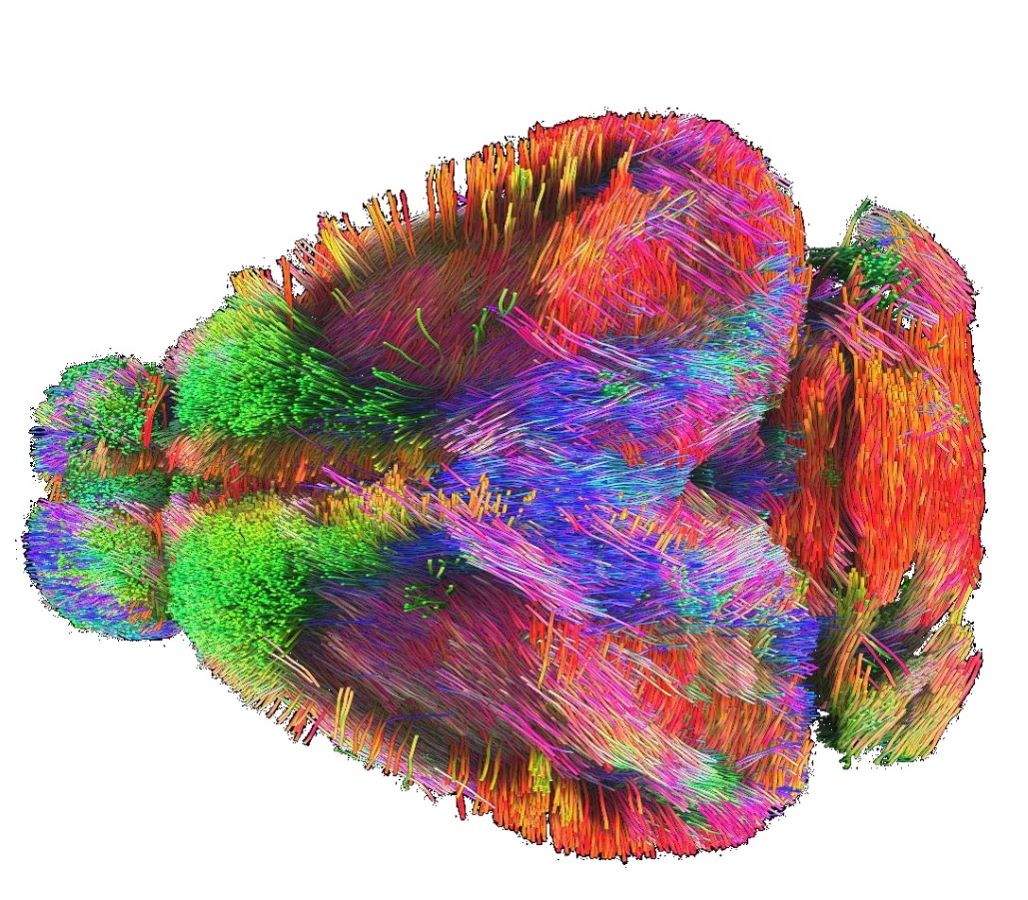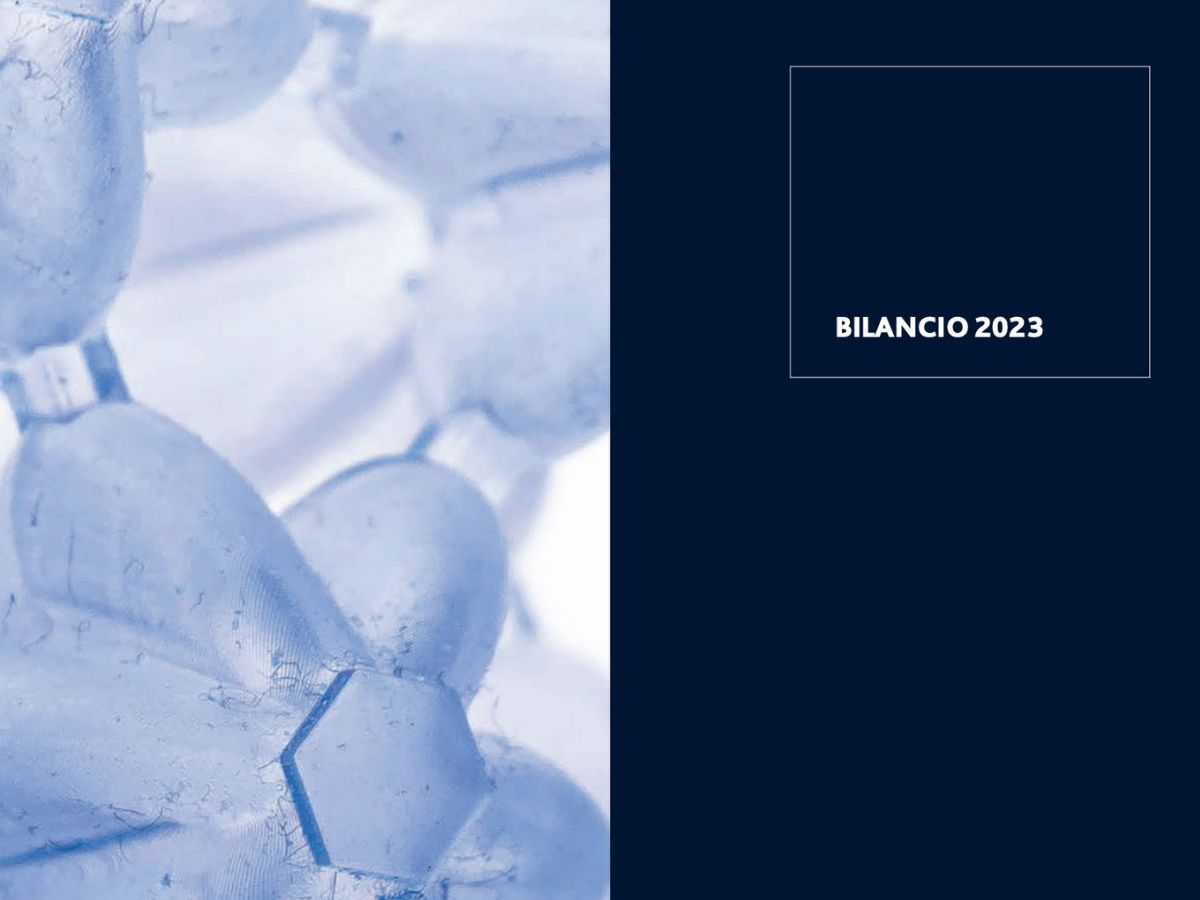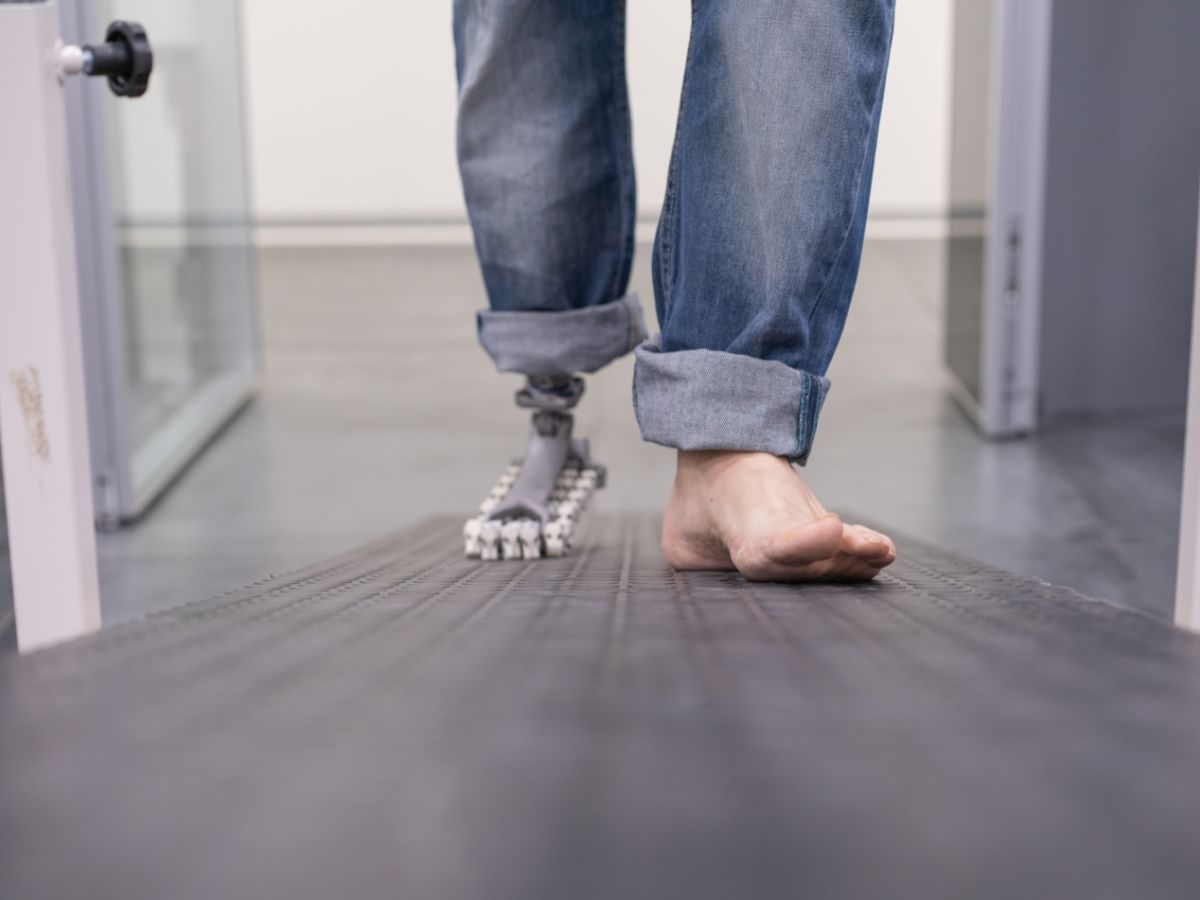Interview with Agnieszka Wykowska, founding member of the Association
Once Angela Merkel called it “the Champion’s League of Research in Europe”, underlining the competitive character of the European Research Council (ERC), the first European organization for the financing of high-level frontier research, which provides individual research grants. But in the last months ERC has been facing a challenge different than science, that is the definition of Horizon Europe budget, thus how much European Union will invest in research and innovation in the next 7 years. Therefore, although experts recommended increase of EU research budget (to at least 120 billion) in the MFF for the period 2021-2027, the European Council in July agreed to €76 billion, the same budget as the previous Horizon 2020 programme. Next Generation EU and Brexit are two additional elements that will influence the final decision. The ERC’s President Jean-Pierre Bourguignon recently held a talk at the European Parliament asking for more support in order to avoid the worst scenario: “So, being below €77 billion, the Horizon Europe MFF budget would at best stagnate over 7 years, at a time when so much depends on it”. (https://erc.europa.eu/news/why-europe-must-invest-ri-long-term-now)
ERC grantees and research institutions throughout Europe are supporting the cause with great commitment. During ESOF 2020 in Trieste the initiative Friends of ERC presented an open petition letter to “call upon the Heads of States and Governments, to secure funding for the ERC in Horizon Europe” (https://friendsoftheerc.w.uib.no/files/2020/04/Open-letter-Friends-of-the-ERC.pdf). During the EU Research & Innovation Days, on the 24th of September, a new association was launched, The Association of ERC Grantees (AERG), whose mission is to demonstrate “the wider societal benefits of funding excellent, high-risk, high-gain scientific research” (https://aerg.eu/objectives).
Agnieszka Wykowska, PI of the Social Cognition in Human-Robot Interaction (S4HRI) research line at the IIT in Genova is among the founding members of AERG. In 2016 Wykowska was awarded a European Research Council (ERC)’s grant for her “InStance” project, which addresses the question of when, and under what conditions people treat robots as intentional beings.
When and why did you start to think and organize an Association of ERC grantees?
I was invited to join the group of the founding members of the Association of ERC Grantees (AERG) at the stage when its first foundational ideas had already been laid. I received an invitation to join AERG around January 2019. But the first idea for AERG apparently dates back to 2016 where Prof. Jean-Pierre Bourguignon (the President of ERC) organised a call for volunteers to do this initiative at ESOF Manchester. Prof. Axel Cleeremans (the current President of AERG) met with Prof. Bourguignon about a year later to set things in motion.
In 2018 I was invited by ERC to represent ERC grantees at a meeting at the European Parliament with the President of the European Parliament, Mr. Antonio Tajani and other MEPs, in Strasbourg. That meeting was important also because I had the opportunity to meet Prof. Bourguignon in person and, on behalf of our Scientific Director, Prof. Roberto Cingolani at that time, I invited Prof. Bourguignon to visit IIT. The visit took place in December 2018 and the event was dedicated to the importance of ERC, in particular for “Empowering a new generation of researchers” – this was the title of the ERC President’s talk. I was delighted to contribute to the organization of that event, which aimed at supporting ERC, and due to which my name was later suggested for the core group of the AERG.
When I received the invitation and learned about AERG and its aims, I had no doubt I wanted to join it. The aims of supporting to ERC from the perspective of an ERC grantee, the idea to provide testimony about how important and indispensable this kind of funding scheme (the ERC) is for Europe, were all very much in line with how I see my mission as scientist.
Many researchers are signing petitions to support ERC in terms of budget, but also to promote basic research as European value. Do you think that your Association may help ERC in consolidating its role of main European financing body?
Yes, of course this is one of the key aims of AERG– promotion of fundamental research. We aim to reach out not only to general public, but also to policymakers and various stakeholders to emphasize the importance of fundamental science for progress in science, innovation and for societal needs. In fact, the first meeting at the EU Parliament in Strasbourg in 2018 that I mentioned earlier had already that exact aim. Also, earlier this year, at ESOF in Trieste I also spoke, on behalf of AERG, at a press conference, organized jointly by Friends of the ERC and AERG, with the aim of highlighting the importance of sufficient funding for basic research in Europe. In either case, AERG is highly committed to participate in, and issue a voice during such important initiatives, which aim at supporting excellence-oriented, bottom-up driven ERC granting scheme.
Your research is at the intersection of neuroscience and robotics, thus interdisciplinary; will the Association be beneficial for you and other researchers?
AERG will be beneficial to all ERC grantees who will join us, as it will enable connecting ERC grantees across the continent and beyond by means of various networking events. We also plan a mentoring scheme not only for other young ERC grantees but also for future ERC applicants. In general, our aim is to enable exchange of knowledge and ideas on how to promote basic science at various levels. Certainly, ERC grantees whose projects are interdisciplinary will benefit from such networking opportunities.
You got the ERC Starting grant in 2016, so when you were a young researcher working in Germany. Nowadays you are among the founders of an international Association taking care of the future generations of scientists in Europe. An important step. Can we say that ERC changed your life?
The ERC grant certainly changed my life as a researcher and made me an “academic grown-up”. As you mention, I was writing the grant when I was at a senior-postdoctoral level, while now, I am a principal investigator and a team leader. The ERC made me mature not only as a scientist but also as a human, as the experience of leading a large team of researchers is definitely challenging, and also an extremely enriching experience. And on top of that, I have changed (once again) my country of residence, in order to find the best possible environment for carrying out my ERC grant. Note, that this is one of the great features of an ERC grant – grantees can take their grant to an institution of their choice. This is aimed to provide ERC grantees with the opportunity to find an optimal environment for their project. As my ERC grant is dedicated to human-robot interaction, with a special focus on reception of humanoid robots by humans, IIT is the ideal place to carry out this kind of project. But with moving to a new country come huge challenges of adapting to a new culture, new environment and new ways of thinking. And that, altogether, makes one grow as a person, apart from growing up as an academic.





